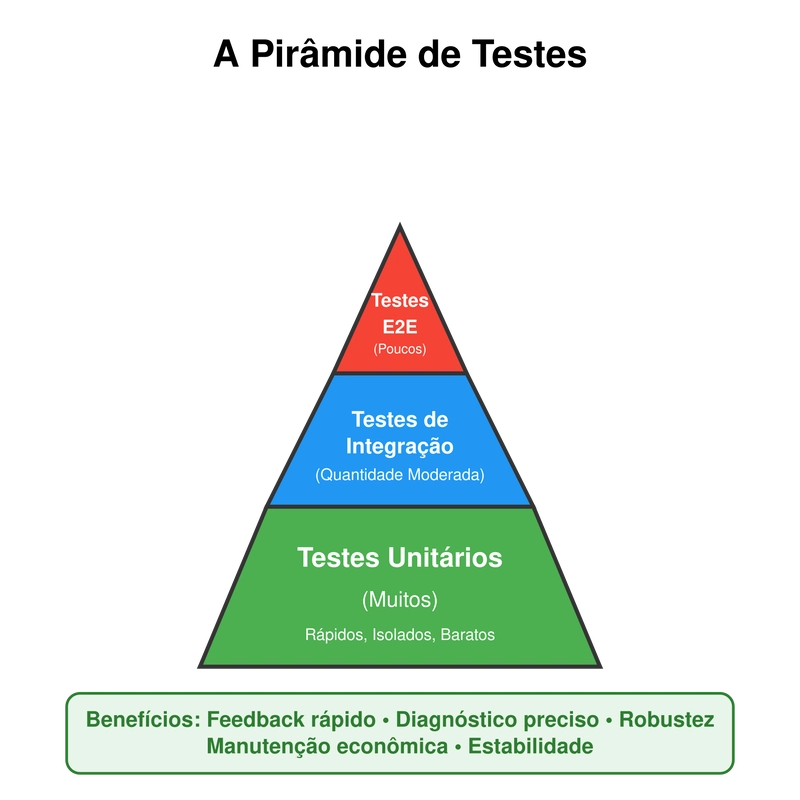Monitoring your REST APIs is more than just a good practice - it's essential for reliability, performance, and user satisfaction. With the right monitoring approach, you can proactively detect issues, optimize performance, and ensure your APIs deliver consistent value.
Here are key aspects you should focus on:
- 𝗥𝗲𝗮𝗹-𝘁𝗶𝗺𝗲 𝗠𝗼𝗻𝗶𝘁𝗼𝗿𝗶𝗻𝗴: Continuously track API health, response times, and error rates to quickly identify and resolve issues before they impact users.
- 𝗣𝗲𝗿𝗳𝗼𝗿𝗺𝗮𝗻𝗰𝗲 𝗠𝗲𝘁𝗿𝗶𝗰𝘀: Track critical metrics like response time, throughput, error rates, and availability to maintain optimal API performance.
- 𝗔𝗹𝗲𝗿𝘁𝘀 𝗮𝗻𝗱 𝗥𝗲𝗽𝗼𝗿𝘁𝗶𝗻𝗴: Set up alerts based on defined KPIs to quickly respond to anomalies or downtime.
- 𝗜𝗻𝘁𝗲𝗴𝗿𝗮𝘁𝗶𝗼𝗻 𝘄𝗶𝘁𝗵 𝗖𝗜/𝗖𝗗: Embed monitoring into your pipelines to catch issues early and maintain high-quality deployments.
- 𝗨𝘀𝗲𝗿-𝗖𝗲𝗻𝘁𝗿𝗶𝗰 𝗔𝗽𝗽𝗿𝗼𝗮𝗰𝗵: Monitor from the user's perspective to truly understand the experience your APIs deliver.
Spring Boot Actuator is a powerful tool that provides built-in endpoints like health checks, metrics, and httptrace for effective monitoring. Additionally, distributed tracing tools like 𝗭𝗶𝗽𝗸𝗶𝗻 can help you visualize API calls across microservices and pinpoint latency bottlenecks.
How do you monitor your REST APIs today? Which tools or practices have made the biggest difference in your projects? Share your insights or challenges in the comments below!
